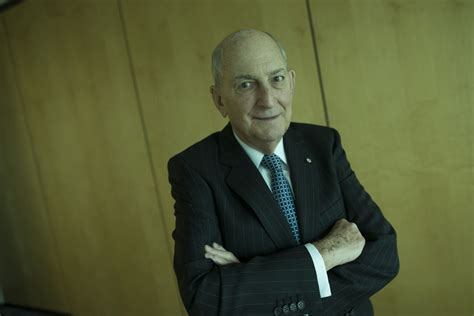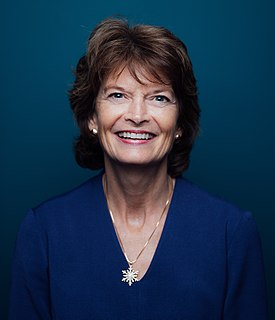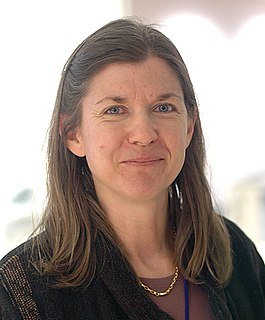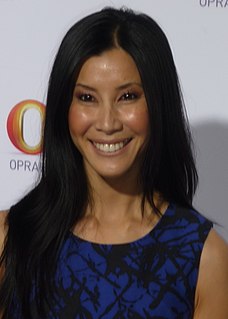A Quote by Charles Bronfman
I have often spoken about the importance of intentionality in philanthropy: that it has to stir the soul. This is true whether you are feeding the homeless, mentoring a child or working on climate change.
Related Quotes
Overall, The Population Bomb was probably too optimistic. I was writing about climate change - Anne and I actually wrote the book. We discussed whether or not you'd have to take a gondola to the Empire State Building, and that sort of thing, but we didn't know at the time whether the climate change would be in the direction of heating or cooling. We just didn't know enough about it.
Despite the international scientific community's consensus on climate change, a small number of critics continue to deny that climate change exists or that humans are causing it. Widely known as climate change "skeptics" or "deniers," these individuals are generally not climate scientists and do not debate the science with the climate scientists.
It's very hard to track down what's real and what's not real. We haven't absorbed what climate change is doing. Because whether people associate it or not, fear of immigration is completely related to climate change, because the mass migrations that are happening, the war in Syria, all of these structural human migrations are related to climate change.
... True, we are often too weak to stop injustices; but the least we can do is to protest against them. True, we are too poor to eliminate hunger; but in feeding one child, we protest against hunger. True, we are too timid and powerless to take on all the guards of all the political prisons in the world; but in offering our solidarity to one prisoner we denounce all the tormentors. True, we are powerless against death; but as long as we help one man, one woman, one child live one hour longer in safety and dignity, we affirm man's [woman's] right to live.
There's real economic costs to climate change - So, Superstorm Sandy led to billions of dollars in damages. The fires out in the west, 70 million dollars a day are being spent in fighting fires that have clearly been exacerbated by drought and climate change. So, people have pointed out the true dollars and cents cost of inaction on climate change.
And that is what is behind the abrupt rise in climate change denial among hardcore conservatives: they have come to understand that as soon as they admit that climate change is real, they will lose the central ideological battle of our time—whether we need to plan and manage our societies to reflect our goals and values, or whether that task can be left to the magic of the market.
The Girl Scouts is where I became acquainted with the idea that a woman can do anything. Learning that early on has a tremendous impact on the development of a young girl's personality. It had a huge impact on me. Girl Scouts is where I first learned about philanthropy and fell in love with the concept of helping others-in my troop this was very important. We did a lot of community service like picking up trash and feeding the homeless. Loving humankind was something that echoed throughout my time at Girl Scouts.



































